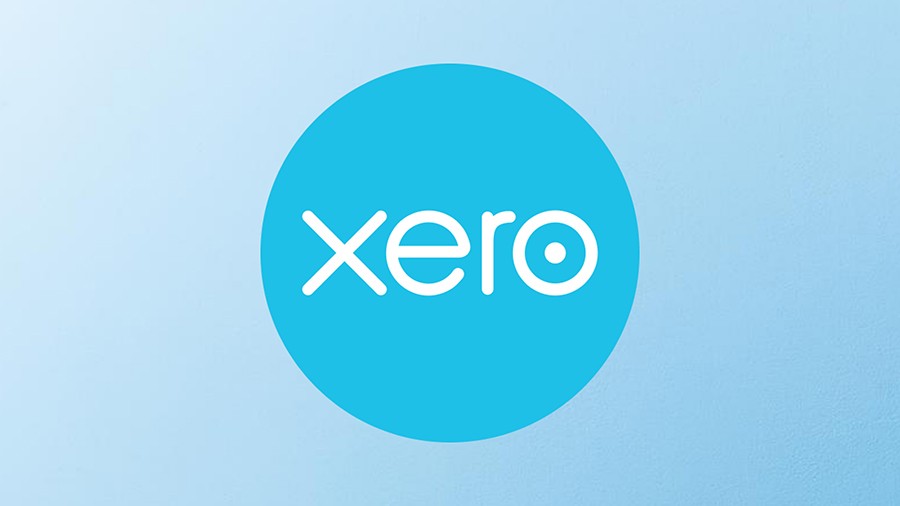Casual Employment New Rules from March 2021
The Fair Work Act 2009 has been amended to enforce several new rules for employing casual workers.
The Act includes a statutory definition of casual employment, a pathway for casual employees to become permanent, and a Casual Employment
Information Statement (CEIS).
Definition of Casual Employee
A casual worker does not have an agreed pattern of work or an advance commitment to ongoing work from the employer. Therefore, there is no
consistent or guaranteed work schedule, and the employee is paid an hourly rate plus casual loading according to the relevant modern award.
If you require employees to agree to a regular roster well in advance of scheduled work and rely on them as an integral member of your team,
talk to us about whether the employee should be considered a permanent employee. True casuals can choose whether or not to work when you
offer them shifts.
Permanent part-time and full-time employees have a set roster of work and a commitment from the employer to ongoing work. For full details
of casual employees, visit the Fair Work Ombudsman Casual Employees webpage at https://www.fairwork.gov.au/employee-entitlements/types-of-employees/casual-part-time-and-full-time/casual-employees.
Casual Conversion Pathway to Permanent Employment
Employers of casuals are now obliged to offer casual workers the option to convert to permanent employment after 12 months of employment if
the pattern of work has been regular and systematic during the last six months.
Some modern awards already have clauses that allow employees to request permanent work. The Act overrides individual award provisions and
means that employers must now actively offer conversion to casual workers who meet the criteria for converting to a permanent position.
If there are reasonable business grounds for not making an offer of permanent employment, the employer must notify casual employees.
Casual Employment Information Statement (CEIS)
Employers must now provide the CEIS to all casual workers upon starting work. You must also continue to provide the National Employment
Standards and Fair Work Information Statement. Visit the Fair Work Ombudsman Casual Employment Information Statement webpage for
details and to download the form for your employees. The link to this statement available at FWO is https://www.fairwork.gov.au/employee-entitlements/national-employment-standards/casual-employment-information-statement.
The CEIS outlines the rights of casual workers to become permanent employees in certain circumstances.
Review Your Casual Workforce
The rules around reasonable business grounds, when employees can refuse an offer, time constraints, and transitional provisions are complex.
- First, check your employment contracts to make sure they meet the new definition of casual employment.
- Then, put in place a process for assessing casual roles at the 12 month anniversary of the employee start date.
- You’ll need to keep detailed records for casual employees to ensure you are complying with the changes.
If you have any questions on managing your casual workforce, please do not hesitate to contact Brooke Guiton or your WDF Professional
contact. Please phone 02 6921 5444 or email bguiton@wdf.com.au.



